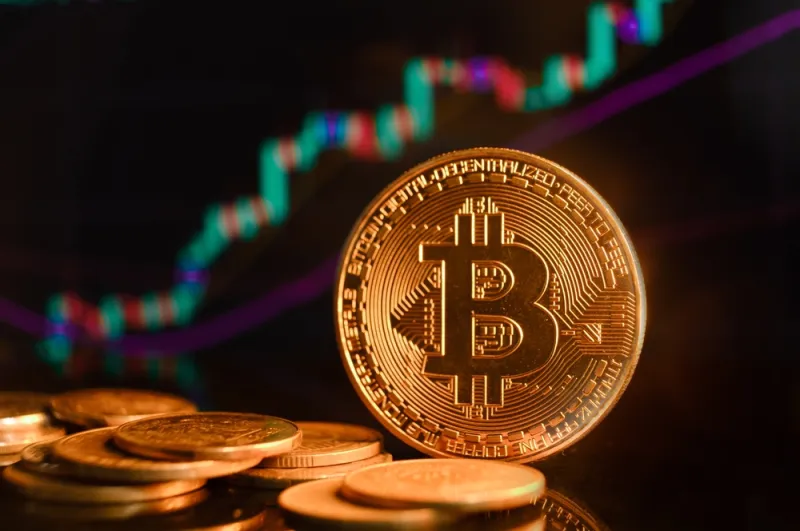TL;DR
-
OKX has restarted its decentralized exchanges, adding new security features to identify suspicious or fraudulent onchain activity.
-
The crypto exchange halted its DEX after it was abused by North Korea’s Lazarus Group to launder proceeds of its Bybit hack.
OKX Resumes Its DEX
Cryptocurrency exchange OKX has restarted its decentralized exchange (DEX) aggregator, adding new security features after it was paused in March to prevent further misuse by the Lazarus Group.
While announcing this over the weekend, OKX founder and CEO Star Xu said OKX Web3 will resume with several new features, including a real-time abuse-detecting and blocking system.
OKX DEX will restart today with realtime abuse detecting and blocking system. OKX Web3 is Chrome and search engine to blockchain. Base on our understanding of onchain data, we help customers access to hundreds chains realtime data, manage multiple chains’ asset and engage with…
— Star (@star_okx) May 5, 2025
The OKX Web3 is a DEX aggregator that pulls data from multiple decentralized exchanges and market makers and then presents it to users for trading. The CEO added that OKX Web3 is a browser and search engine for blockchain.
The cryptocurrency exchange added that the new upgrade comes with several security measures to identify suspicious or fraudulent onchain activity from hackers and other bad actors.
“Our dynamic database of suspect addresses blocks hackers and bad actors in real-time, while proactive alerts warn you about risky transactions. We’re audited and verified by leading blockchain security firms like CertiK, Hacken, and SlowMist, and infrastructure tested through our bug bounty program,” OKX added.
The crypto exchange also added another feature that categorizes wallet holders by identifying them as possible whales or snipers.
This latest development comes after OKX temporarily paused its DEX aggregator on March 17 to prevent further misuse by the North Korean hacking collective Lazarus Group. At the time, OKX said the decision was taken after consulting with regulators to implement security upgrades and prevent further misuse of the platform.

 Hassan Maishera
Hassan Maishera







